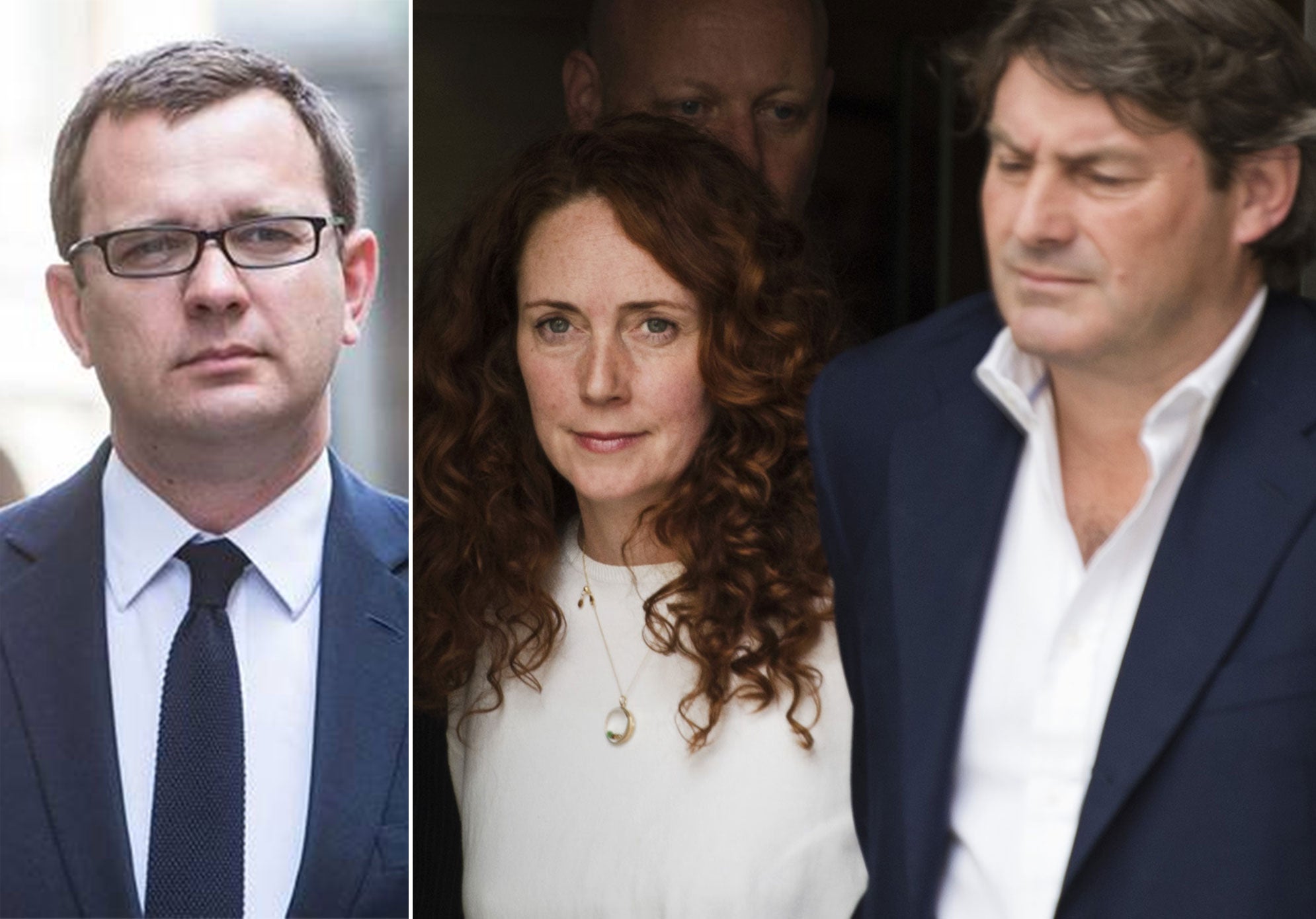After Coulson, now is the time for robust self-regulation along Leveson lines
A criminal culture at the News of the World has finally been exposed

Your support helps us to tell the story
From reproductive rights to climate change to Big Tech, The Independent is on the ground when the story is developing. Whether it's investigating the financials of Elon Musk's pro-Trump PAC or producing our latest documentary, 'The A Word', which shines a light on the American women fighting for reproductive rights, we know how important it is to parse out the facts from the messaging.
At such a critical moment in US history, we need reporters on the ground. Your donation allows us to keep sending journalists to speak to both sides of the story.
The Independent is trusted by Americans across the entire political spectrum. And unlike many other quality news outlets, we choose not to lock Americans out of our reporting and analysis with paywalls. We believe quality journalism should be available to everyone, paid for by those who can afford it.
Your support makes all the difference.Something remarkable has just happened at the Old Bailey. The former editor of one of this country's biggest-selling newspapers, the News of the World, has been convicted of conspiring to hack phones. The jury decided this was no flash in the pan, no moment of madness, but something that Andy Coulson was involved in from 2000 to 2006.
Another former NoW editor, Rebekah Brooks, has been cleared of all charges against her. But even before Coulson was convicted, three senior journalists at the paper had pleaded guilty to phone hacking charges. One of the things that the trial has established beyond doubt is that there was a longstanding criminal culture at the paper as far as hacking was concerned, and it went on for years.
In the immediate aftermath of Coulson's conviction, David Cameron is taking heat for employing the ex- editor as his press secretary when he left the paper in 2007, after the original phone hacking trial. No doubt the prime minister has been preparing his public apology, which arrived very fast, for days if not weeks.
But in the longer run, it is not just Cameron who has questions to answer about this dreadful saga. It began, don't forget, with the Guardian's revelation three years ago that the NoW hacked the phone of a murdered girl, Milly Dowler, in 2002.
That was 12 years ago. It is only now, after a trial lasting eight months, that the criminal culture at the NoW has been exposed in forensic detail. Where were the checks and balances which should have prevented it happening - or at least brought it to light long before now? What does it say about corporate governance at News International, the company which owned the paper, that top executives didn't suspect a thing? That they stuck doggedly to the 'one rogue reporter' defence even when it had lost all credibility?
The jury has decided that one former editor was involved in the conspiracy, while another knew nothing about it. Three years ago, Rupert Murdoch appeared before MPs and talked about the 'most humble day' of his life. How much worse it all looks now, and what is he going to do to about it?
Then there is the question of regulation. The Press Complaints Commission, set up and run by the industry, failed to notice criminal conduct at the NoW on an industrial scale. Its successor, IPSO, is another fake regulator which fails to comply with the reasonable proposals set out by Lord Justice Leveson after a very thorough public inquiry.
I believe passionately in a free press. I've been a journalist all my working life and I don't want state regulation, even though my phone was hacked by the NoW in 2004 when it became interested in my private life.
What I want - and the public wants it as well - is a system that offers effective redress for individuals who have been abused by the press. For that, we need robust self-regulation along the lines set out in the Leveson report, not the PCC under a different name. If we don't get it, there will be more cases of ordinary people, grieving families and victims of terrorism, whose lives will be made hell at a time of intense anxiety and grief.
At its heart, this scandal is about power. It's about what happens when a section of the press stops exposing abuses of power and commits them itself, breaking the law and trampling on journalistic ethics. A paper which prided itself on exposing criminals has been revealed to have broken the law on a massive scale.
It should never be allowed to happen again. The press matters too much in democracies to have its reputation tarnished like this.
Joan Smith is a victim of phone hacking and Executive Director of Hacked Off
Join our commenting forum
Join thought-provoking conversations, follow other Independent readers and see their replies
Comments